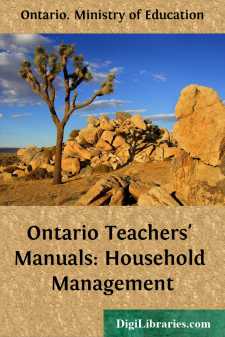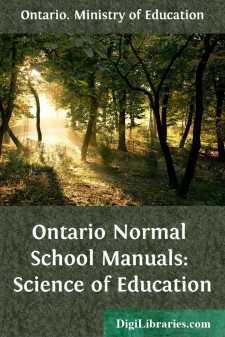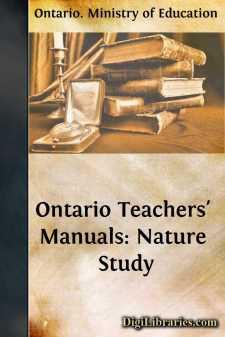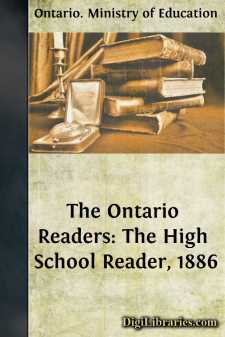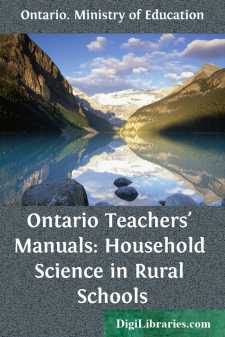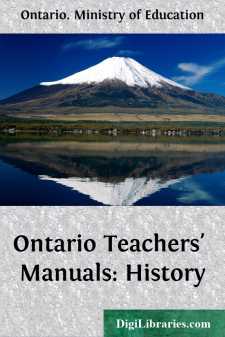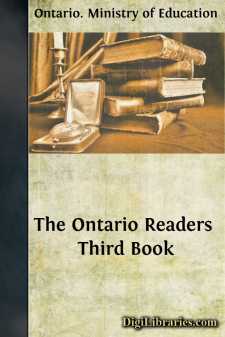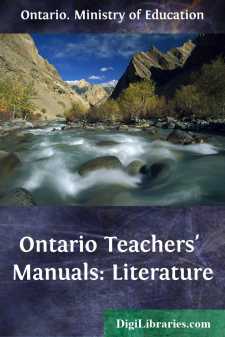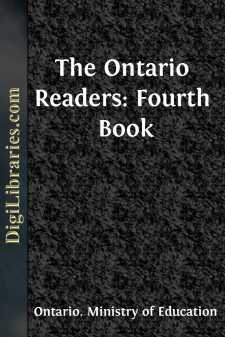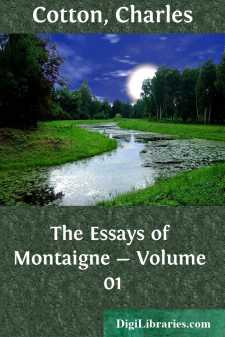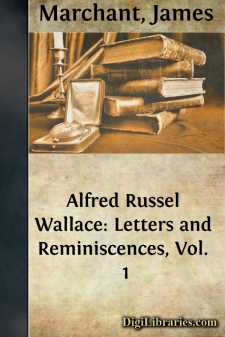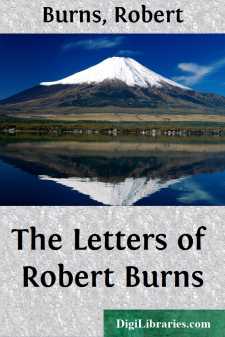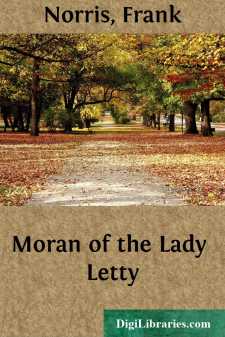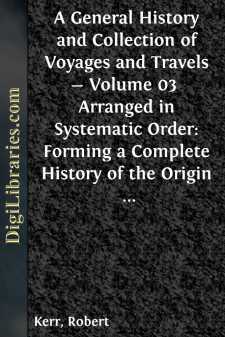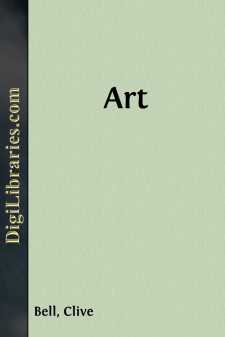Categories
- Antiques & Collectibles 13
- Architecture 36
- Art 48
- Bibles 22
- Biography & Autobiography 813
- Body, Mind & Spirit 142
- Business & Economics 28
- Children's Books 15
- Children's Fiction 12
- Computers 4
- Cooking 94
- Crafts & Hobbies 4
- Drama 346
- Education 46
- Family & Relationships 57
- Fiction 11828
- Games 19
- Gardening 17
- Health & Fitness 34
- History 1377
- House & Home 1
- Humor 147
- Juvenile Fiction 1873
- Juvenile Nonfiction 202
- Language Arts & Disciplines 88
- Law 16
- Literary Collections 686
- Literary Criticism 179
- Mathematics 13
- Medical 41
- Music 40
- Nature 179
- Non-Classifiable 1768
- Performing Arts 7
- Periodicals 1453
- Philosophy 64
- Photography 2
- Poetry 896
- Political Science 203
- Psychology 42
- Reference 154
- Religion 513
- Science 126
- Self-Help 84
- Social Science 81
- Sports & Recreation 34
- Study Aids 3
- Technology & Engineering 59
- Transportation 23
- Travel 463
- True Crime 29
Ontario Teachers' Manuals: Household Management
Description:
Excerpt
CHAPTER I
INTRODUCTION
Untila comparatively recent period, education was regarded mainly as a means of training the intellect, but this conception of education is now considered incomplete and inadequate. Our ideas of the purpose of schools are becoming broader, and we have decided that not only the mental nature, but all the child's activities and interests, should be given direction by means of the training given in our schools. We believe also that these activities and interests can be used to advantage in assisting the mental development.Household Management aims to educate in this way, by directing the mind to ideas connected with the home and by training the muscles to perform household duties.
Though deemed essentially practical, this subject will, if rightly presented, give a mental training similar to other subjects of the Course of Study. It should do more. While a pupil is made familiar with the duties of home life and with the materials and appliances used in the home, she will be unavoidably led to think of the work of the larger world and to realize her relation to it. When such knowledge comes, and a girl begins to feel that some part of the world's work depends on her, true character-building will begin.
The purpose of this Manual is to assist teachers in presenting Household Management to public and separate school classes in such a way as to attain these ends. It is hoped that it will be especially useful to those teachers whose training in the subject has been limited.
An attempt has been made to explain the work of Form III Senior, and of the Junior and Senior divisions of Form IV. The topics of Form II Junior are not discussed, as the work of this Form is intended to be taught as information lessons, for which general methods will suffice. In the other Forms mentioned, the topics of lessons are outlined in detail, but the method of presentation is not given except in typical cases. Both outline and method are intended to be merely suggestive and to leave opportunity for the teacher's originality.
In cases where topics seem incompletely outlined, it is due to the fact that they are treated in other school subjects or postponed until the pupils reach a more advanced stage of mental development.
The order of lessons is optional, also the amount of work each should include, unless this is specially stated.
Many lessons are suitable for rural schools, which have no equipment except what the ingenuity of the teacher may provide. In such schools, the teacher may perform the practical work, while the class observes.
Throughout the lessons, there is the difficulty of presenting scientific facts to immature minds in a way that will be simple and clear. The use of technical language would often assist the expression, and this is apt to be unconsciously employed, but there is danger of such forms of speech not being intelligible to the pupils; the teacher should therefore choose her words carefully. Technical terms may be taught, but this is not advised in Junior classes, unless really necessary....


